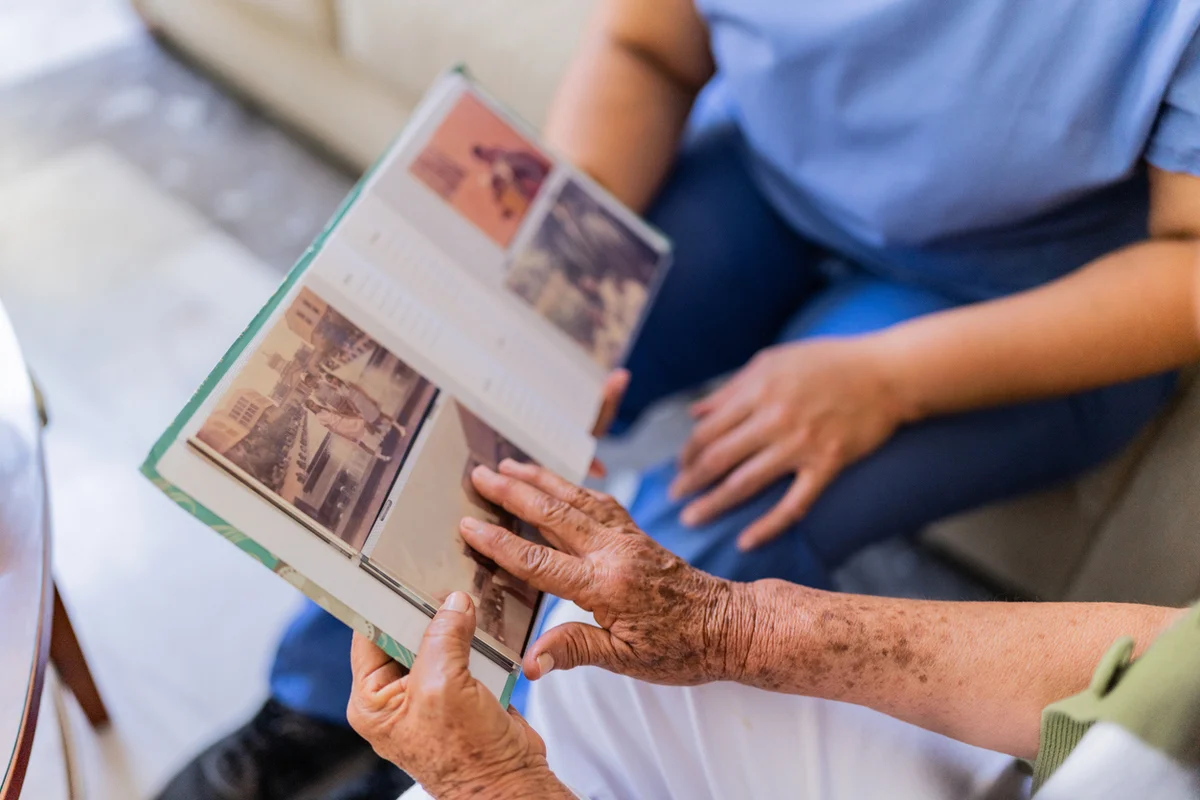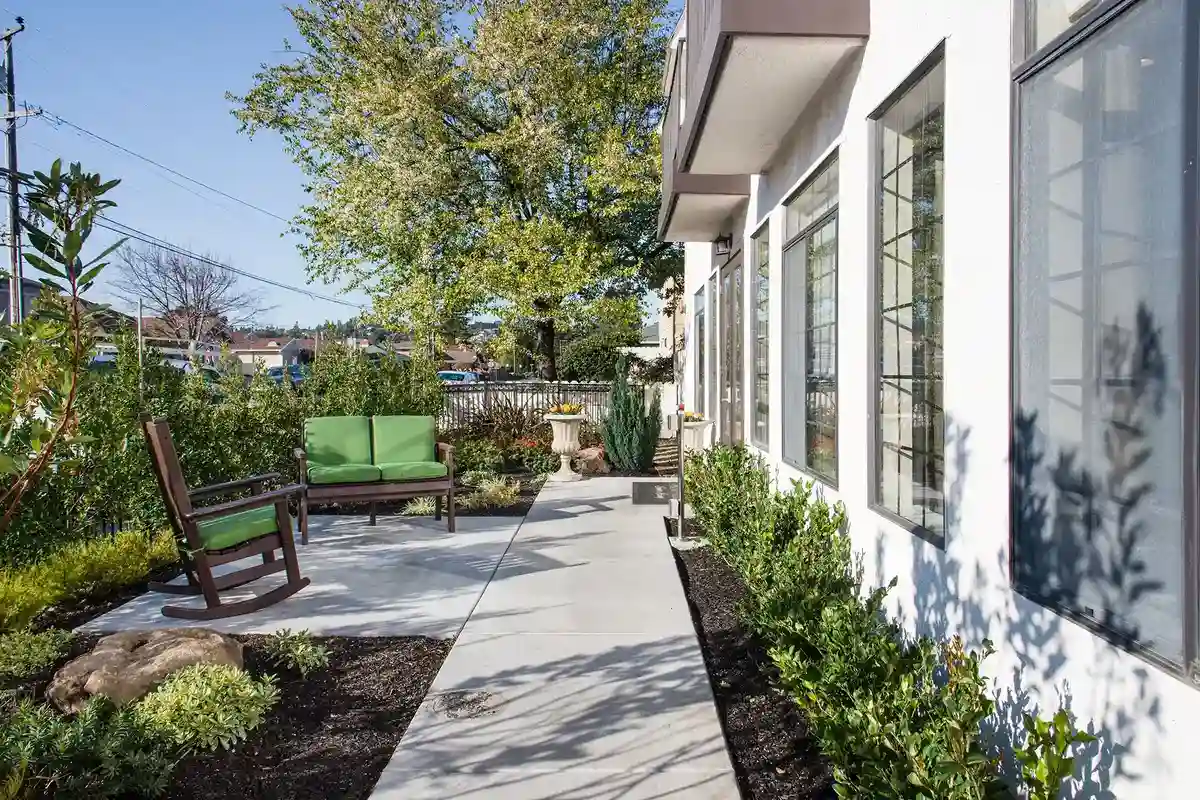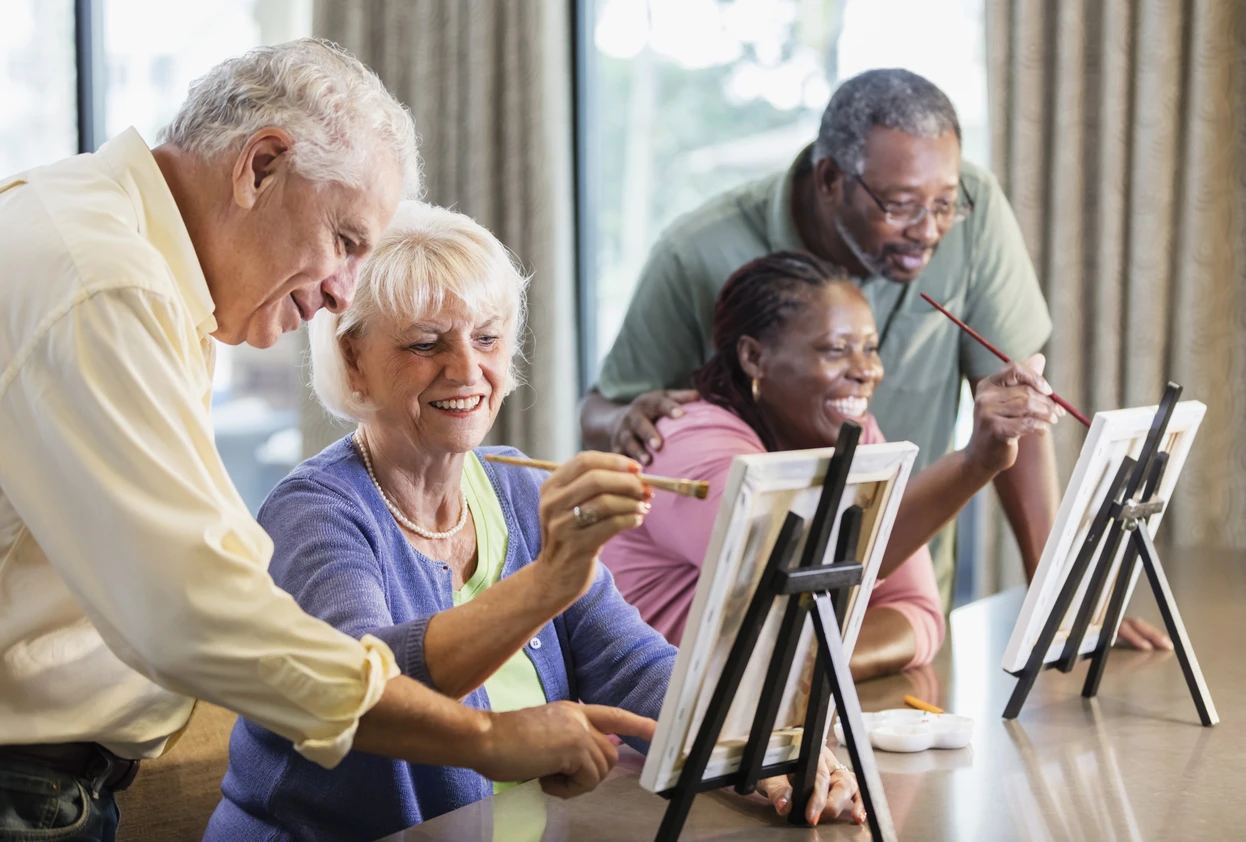
Signs that it might be time for memory care often start small, but they add up.
You notice your dad asks the same question again and again. Or maybe your mom is suddenly forgetting her appointments, mixing up bills, or losing her keys in the fridge. At first, it feels like typical aging. But then you see patterns.
The changes don’t always shout. Sometimes, they whisper. But if you’re wondering if something deeper is going on, it’s worth looking closer.
1. Forgetting More Than Just the Little Things
We all forget stuff. A name. A password. Where the remote went.
But people with memory loss forget more than one-off details. They forget routines. They miss steps in recipes they’ve made for decades. They lose track of conversations mid-sentence.
And it’s not always the memory that stands out first. Sometimes it’s behavior.
2. They Ask the Same Questions Over and Over
This is one of the most common early signs. Your parent asks what time dinner is and then asks again five minutes later. Or they repeat the same story at every gathering—even if they just told it.
You might brush it off at first. But if it keeps happening, it’s more than forgetfulness.
3. Everyday Tasks Become Confusing
Has your loved one suddenly started struggling with things they’ve always handled easily? Paying bills, making coffee, setting up the TV—if that’s happening often, something’s shifted.
These tasks are built into our memory without us thinking. Losing them can be frustrating—and sometimes dangerous.
4. They Get Lost in Familiar Places
One of the more serious signs is getting disoriented somewhere they know well. Like forgetting the way home from the grocery store or taking the wrong route to church.
This isn’t just forgetfulness—it could be a sign their spatial awareness or short-term memory is changing.
5. They Avoid Socializing or Seem Frustrated
People living with memory loss often feel overwhelmed in conversations. They can’t find the right words. They lose the thread of what someone said. So, they stop joining in.
It’s not rudeness. It’s stress, and that stress can manifest as irritability or anger, especially later in the day.
6. Things Look Off Around the House
A pile of unopened mail. Expired food in the fridge. Wearing the same clothes for days. These changes aren’t just quirks. They often show that managing the day has become too much.
If hygiene and cleanliness are slipping, it may be time to discuss extra support.
7. Poor Judgment Starts to Show
If your loved one gives away money, forgets to turn off the stove, or walks outside dressed for the wrong season—it’s not just aging. These are signs that their decision-making and processing skills are affected.
That can put them at risk, even if they’re still independent in other ways.
8. They’re Not Acting Like Themselves
This one is harder to put into words. You feel like something’s off. Maybe they’re more anxious. Perhaps they don’t laugh as much. Maybe they don’t seem like they’re all the way present anymore.
You know them. If you’re worried, it’s worth listening to that feeling.
So What Now?
You don’t need a checklist to tell you if it’s time. But if a few of these signs sound familiar, it’s okay to start exploring memory care support.
You don’t have to make a big decision overnight. You can start by learning more. Talk to your loved one’s doctor. Keep track of changes you’re noticing. Visit a community that focuses on memory care and ask questions.
You can also read our post about memory care activities to see how daily routines and meaningful engagement can help someone with memory loss feel more like themselves.
Talk to Someone Who Understands Memory Care
At Carefield Castro Valley, we support people at different stages of memory loss. Some are just starting to need help. Others need full-day support and a safe, structured space.
What matters to us is that people feel seen, heard, and connected to something familiar.
We won’t pressure you to make a decision. We’ll listen and tell you honestly what support might help.
If you want to see what memory care looks like—quiet moments, friendly staff, and residents who feel at ease—we’d be glad to show you around.





